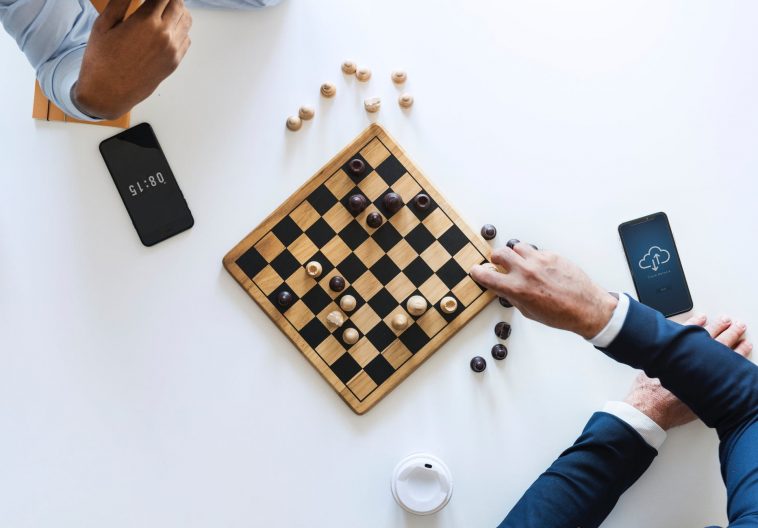Decision-making is easy when you have all the facts, previous experience, and thinking logically. But it is not possible to bump into a situation where you are not backed up by logic, data, and previous experience. Dealing with such a situation requires making a decision based on gut and intuition.
Nobody wants to make a bad decision but your ability to make a good decision is largely dependent on your decision-making ability. This usually improves with time but only after you’ve made a few decisions in life and faced some repercussions. The decision-making power improves with experience.
What are the 3 most important psychological tricks to improve decision-making? Let’s take a look.
1. Think, Relax, and Take a Rest.
The ideal way of making a decision is not to make it instantly, instead, take your time. Decisions should only be made when you are well-rested and have slept well.
According to Kahneman, complex thinking requires attention, motivation, and self-control. Such resources are usually limited and depleted when the body is worn out, you have not slept well, and are tired.
Never make a decision when you are tensed, worried, worn out, haven’t slept and extremely tired — mentally and physically.
2. It’s not always a race against time.
Take your time, and think about your decision. When we are in a rush, we often jump to factless conclusions that are typically biased or baseless. We should carefully think through the facts and information and if no such data is present, the best is to make a decision based on the nearest possible data available to the topic.
Most importantly, there should be no rush in the decision-making process. Decisions made in haze often result in a disaster.
3. Be open to all possibilities.
Remember the story of a FLY that gets stuck in a car? Since it only looks for a uni-direction way out, it means; it does not look around for further possibilities to escape the car.
When you are making an important decision in life. Be open to all possibilities. Look around, there may be more dimensions to an element than what you are looking at and by exploring all options, you can make a better decision.
Conclusion:
Improving decision-making requires a blend of mindfulness, patience, and openness to possibilities. Rushed decisions made under stress or fatigue often lead to regrettable outcomes. By taking the time to think, relax, and consider all available information, individuals can enhance their decision-making abilities. Moreover, being open-minded and exploring various perspectives can uncover unforeseen solutions and prevent the narrow-mindedness that limits potential outcomes. Ultimately, decision-making is an ongoing skill that improves with practice, experience, and a willingness to embrace uncertainty.




